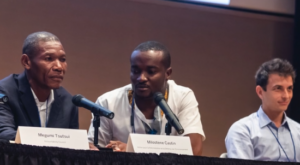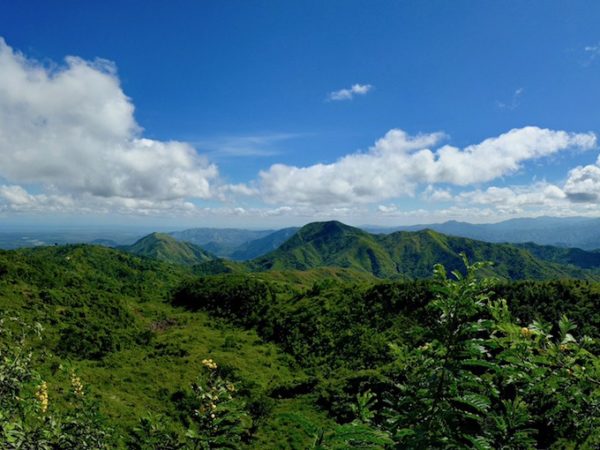Amplifying Community Expertise
 Making sure that communities have the technical support they need to defend their rights is a fundamental component of Accountability Counsel’s work. Some of this support is in the form of expert knowledge not readily available to communities, such as legal and strategic advice on filing complaints with independent accountability mechanisms. Equally important is our support amplifying or translating local expertise that has long been cultivated by these communities into a form and framework that will be accepted by international decision-makers.
Making sure that communities have the technical support they need to defend their rights is a fundamental component of Accountability Counsel’s work. Some of this support is in the form of expert knowledge not readily available to communities, such as legal and strategic advice on filing complaints with independent accountability mechanisms. Equally important is our support amplifying or translating local expertise that has long been cultivated by these communities into a form and framework that will be accepted by international decision-makers.
Unfortunately, communities are often told that their perspectives and their experiences are not backed up by “studies” or “evidence” and are therefore not valid. Local knowledge and lived experiences are often not incorporated in concepts of science and technical expertise, yet they are fundamental to understanding the impact of any development project meant to improve the livelihoods of the local population.
Today, we share two videos from last year’s American Association for the Advancement of Science (AAAS) Technology & Human Rights Conference. These videos, created in collaboration with our partners at the True Cost Initiative, highlight the important and ongoing work of incorporating cultural knowledge and local expertise in concepts of science and technical expertise to further human and environmental rights.
The videos feature Research Director, Samar Aarabi, and community partner Milostene Castin from AREDE (Action pour la Reforestation et la Défense de l’Environnement) as they share their experiences partnering in Haiti to bring technical support to bear in amplifying community knowledge to effectively advocate for the restoration of livelihoods.
In Haiti, a community of farmers, Kolektif Peyizan Viktim Tè Chabè (Kolektif), were displaced from their farmland in order to build a large industrial park. The community fought for several years to receive adequate compensation for the land that was taken from them. Their calls went nowhere until they filed a complaint with the Independent Consultation and Investigation Mechanism.
“Any community would know the answers to those questions that affect them. But the answers that the communities can provide directly often aren’t done in the discourse that is palatable to a particular kind of broader international institution.” – Samer Araabi, Research Director
Within the complaint process, the Kolektif received support from advisors on developing and collecting data through a survey methodology designed in collaboration with the community. The survey methodology drew on local knowledge for community organizing and for meeting the low literacy levels within the community, generating powerful data within the complaint dialogue about the impact the project had on community members and what their needs were. This data collection process eventually helped the Kolektif reach an historic agreement to restore their livelihoods. We continue to advocate for greater recognition and utilization of community-led survey methods.
“Scientific techniques should be adapted to the reality of the people.” – Milostene Castin, Coordinator of AREDE
We invite you to see how others used technical support to amplify community expertise in the following videos created in collaboration with True Costs Initiative.
Why Technical Support Matters to Protect People & Communities
Why Connecting Scientists with Human Rights Advocates Matters

